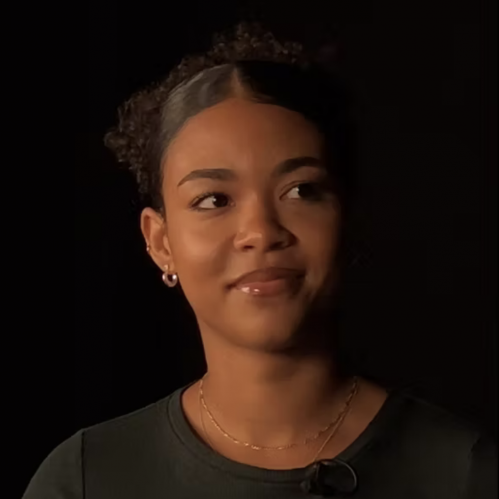
Saphira Wing
Born in 2003. Raised in Vienna with an English Jewish mother and a Ghanaian father. Her great-grandparents were Jewish Holocaust victims from Vienna. At 7 she was accepted as the youngest member of the Vienna Children’s Choir and had the opportunity to perform with Robbie Williams and Zucchero Fornaciari. Saphira studied at Boerhavvegasse in the music branch for many years and is currently studying acting in London..
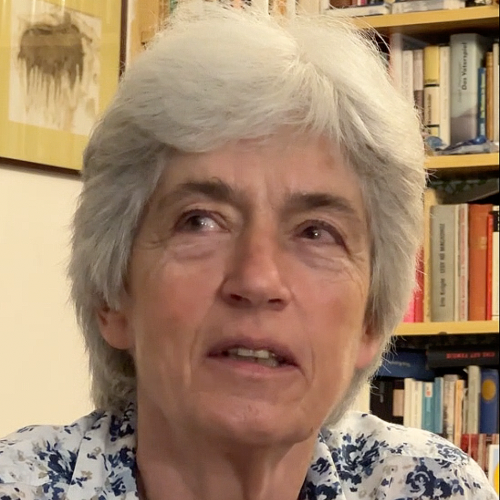
Panni (Anna) Oplatka
born in Budapest behind the “Iron Curtain” as the daughter of Jewish Holocaust survivors. As an elementary school student, she experienced the uprising in 1956. After completing her training, she moved to Munich with her baby, where her husband, an Austrian with Hungarian roots, worked. As a housewife, mother and childminder, she slowly learned the language. After the birth of their second daughter, the family moved to Vienna in 1974 and in 1978 she began to work part-time at the Federal Monuments Office. Since her retirement she has been working as a volunteer health partner and reading mentor..
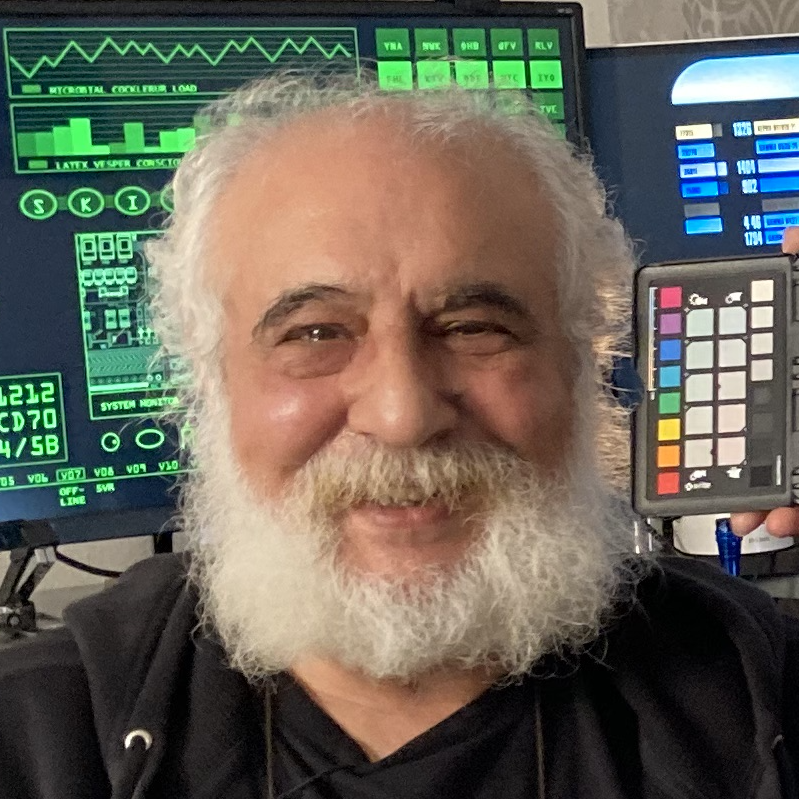
Niki (Brenislav) Nikolic
was born in 1958 in what was then Yugoslavia as the grandson of a communist partisan in a village in Voivodina. His mother was a Holocaust victim. His parents migrated to Vienna in the early 1970s when Niki was 12 years old. At the age of 18 he returned to Yugoslavia because he had to do military service to renew his passport. There he was elected to the Communist Soldiers’ Council. In 1980 he disarmed from military service and a month later Josip Bros Tito died. He found out about this on the way back to Vienna. As a result, he worked in various professions, most recently as a computer specialist, before becoming self-employed. After the death of his father, the issue of his origins caught up with him and he founded a non-profit association called Gipsy-Info (Gipsy Radio and TV) and has since pursued an educational mission within and outside the Roma community..
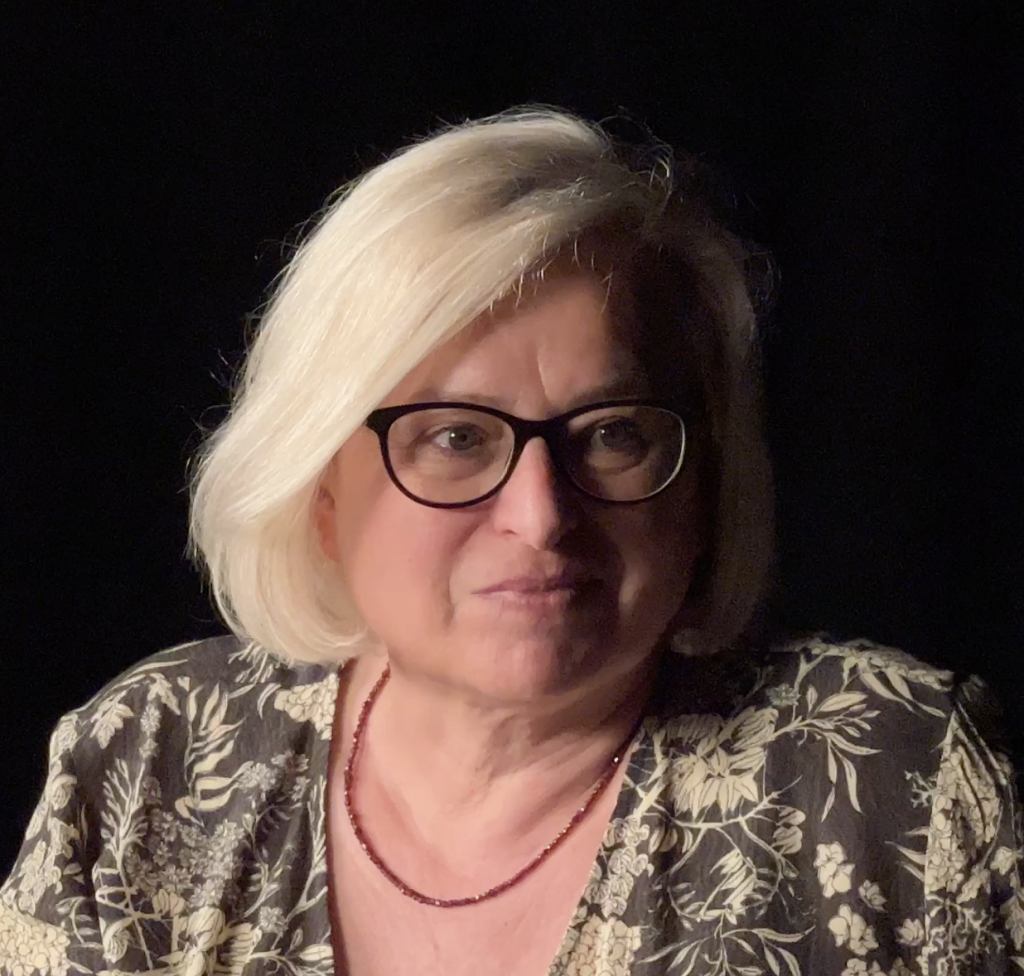
Annemarie Steidl
grew up in Upper Austria’s Innviertel in a market near Braunau. Her parents were inn owners. She worked her way out of the milieu on her own and went to Vienna to study. Today she is an associate professor at the Institute for Economic and Social History at the University of Vienna. Her research interests include migration studies from the 18th century to the present, industrialization and urbanization, history of crafts, gender studies and quantitative methods. In 2005 she was awarded the international René Kuczynski Prize for her monograph on the mobility of Viennese craftsmen in the 18th and 19th centuries..
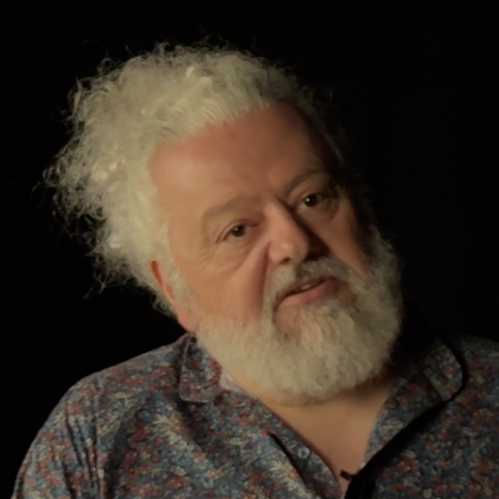
Marwan Abado
was born in Beirut in 1967. Born in Palestine, he has been living in Vienna for over 30 years and is considered the best-known ambassador of oriental music in Austria. He is one of those musicians who prove that Austria is a music country full of inspiration and interesting encounters. He has played with many musicians from a wide variety of cultures and styles, including Paul Gulda, Roland Neuwirth, Timna Brauer, Alegre Correa, Krysztof Dobrek, Franz Hautzinger, Eliott Sharp, Kamilia Jubran, Otto Lechner, Charbel Rohana, Simone Pergmann, Sahar Taha. In November 2008, Abado received the Federal Medal for Intercultural Dialogue for his commitment in this area from the Austrian Federal Ministry for Education, Arts and Culture. In addition to his own musical programs, Abado has also composed for film and theater..
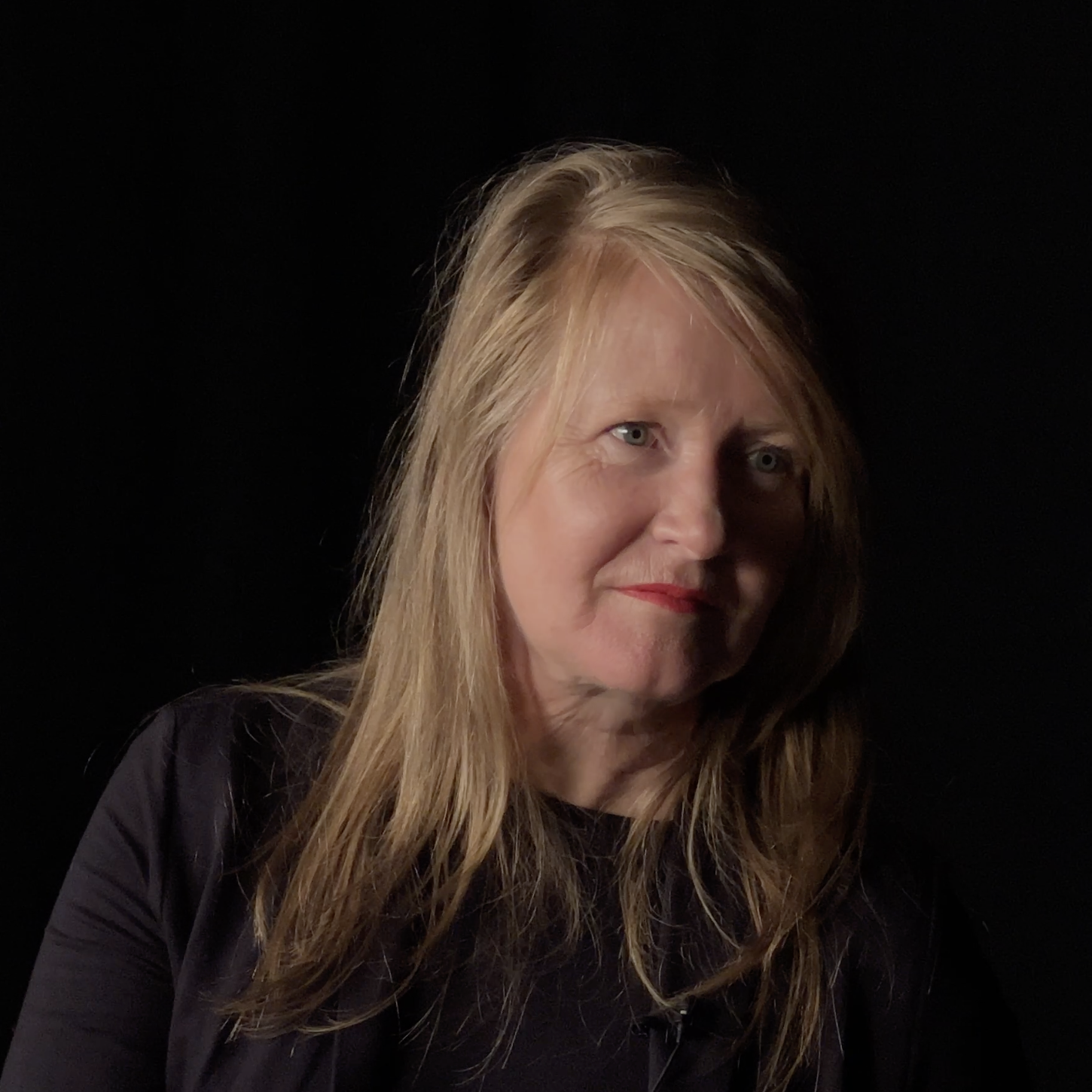
Bettina Henkel
born in Germany, lives and works in Vienna as an artist and filmmaker. She teaches fine arts/new media at the Academy of Fine Arts in Vienna. There she heads the media laboratory. After training in dance, she studied art history in Munich, free painting and art education at the Academy of Fine Arts in Nuremberg and visual media design at the University of Applied Arts in Vienna with Peter Weibel. Coming from the field of video art and photography, her focus today is on artistic documentary film..